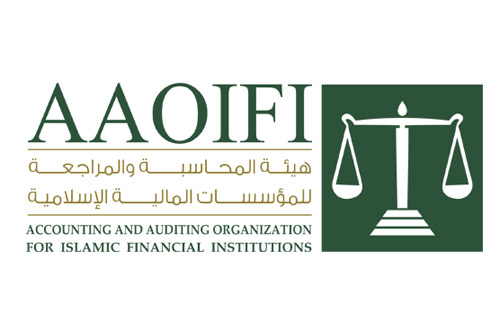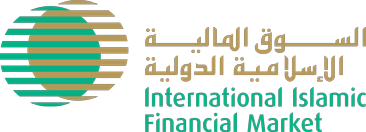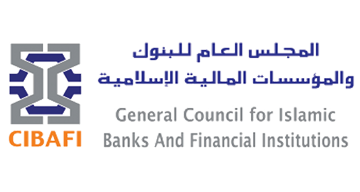We use cookies to enhance your browsing experience, serve personalized ads or content, and analyze our traffic. By clicking "Accept All", you consent to our use of cookies.
Bahrain’s banking system consists of both conventional and Islamic banks and is the largest component of the financial system, accounting for over 85% of total financial assets. There is a total of 376 financial sector institutions in the country as of end of September 2020 including 31 retail banks, 62 wholesale banks, 17 branches of foreign banks and 8 representative offices of banks. These also include 34 insurance companies, 53 investment business firms and 86 specialized licensees.
The banking sector has played a pivotal role in the emergence of Bahrain as a leading financial center in the region. As of July 2020, banking sector assets stood at over US$212 billion, more than five times annual GDP of Bahrain.
Industry growth has been supported by an open market economy, stable and prudent macro-economic and fiscal policies, a credible regulatory framework in line with international standards and a well-qualified local and expat workforce. All these factors have combined to cement Bahrain’s position as a regional banking hub, successfully attracting numerous foreign banking organizations to establish their presence in the country.
Islamic Finance
Bahrain has long been recognized as a global leader in Islamic finance, playing host to the largest concentration of Islamic financial institutions in the Middle East and home to a number of pre-eminent global Islamic standard setting organizations. Islamic financial institutions offering a host of Shari’ah compliant products and services include 6 retail banks, 6 wholesale banks, 2 wholesale branches of foreign banks, 9 Islamic windows of conventional banks, 5 Takaful companies, 1 Re-Takaful companies and 1 Islamic financing company. In addition, Bahrain is at the forefront for issuing Islamic securities (Sukuk), including short-term government Sukuk as well as long term instruments. The Central Bank has played a leading role in the introduction of these innovative products.
The growth of Islamic banking has been remarkable, with total assets increasing from US$1.9 billion in 2000 to US$61.7 billion as of June 2024, an increase of over 32 times. The market share of Islamic banks correspondingly increased from 1.8% of total banking assets in 2000 to 25.3% in June 2024. This growth was made possible by a variety of factors, most importantly the clear vision and approach of the Central Bank of Bahrain and conversion of the conventional banks to Islamic banks. The CBB introduced a separate regulatory framework along with a comprehensive prudential and reporting mechanism for the Islamic segment, tailor-made for the specific concepts and needs of Islamic banking and insurance. The rulebook for Islamic banks covers areas such as Shari’a Governance, licensing requirements, capital adequacy, risk management, business conduct, financial crime and disclosure/reporting requirements. Similarly, the insurance rulebook addresses the specific features of Takaful and Re-Takaful firms. Both rulebooks were the first comprehensive regulatory frameworks that dealt with the Islamic finance industry in the region.
In order to develop the market for Islamic finance and invest in capacity building the CBB was instrumental in establishing the Waqf Fund in collaboration with the industry. Since 2006 the Waqf Fund has been offering programs in Islamic finance training, education and research to cater for the various industry needs. These include specialized programs targeting the Board of Director, senior management, Shari’ah resources and other staff of its member institutions.
Bahrain also plays host to a number of global organizations central to the development of the Islamic finance, including:
Accounting and Auditing Organization for Islamic Financial Institutions (AAOIFI)
International Islamic Financial Market (IIFM)
General Council For Islamic Banks And Financial Institutions (CIBAFI)
Islamic International Rating Agency (IIRA)
Bahrain Institute of Banking and Finance (BIBF) – Centre for Islamic Finance
The Waqf Fund
The Waqf Fund was established in November 2006 under the auspices of the Central Bank of Bahrain (CBB) in partnership with financial institutions offering Shari’ah compliant banking services in Bahrain. The member institutions made contributions to the Waqf Fund’s corpus which is invested in Islamic money market instruments and the return is used to finance the Fund’s initiatives. These initiatives are executed through partner organizations such as Bahrain Institute of Banking & Finance (BIBF). The Waqf Fund’s mandate is to serve its 22 member institutions through development initiatives and activities in Islamic finance training, education and research.
The Waqf Fund has a Board of Trustees comprising of 13 members. Mr. Khalid Hamad Al-Hamad, CBB’s Executive Director Banking Supervision, has been the founding chairman of the Board. The other members include representatives from member institutions and three independent members. The Board meets regularly to decide, based on industry experience and feedback, which initiatives to launch for the benefit of its member institutions.
For any enquiry, please click here





